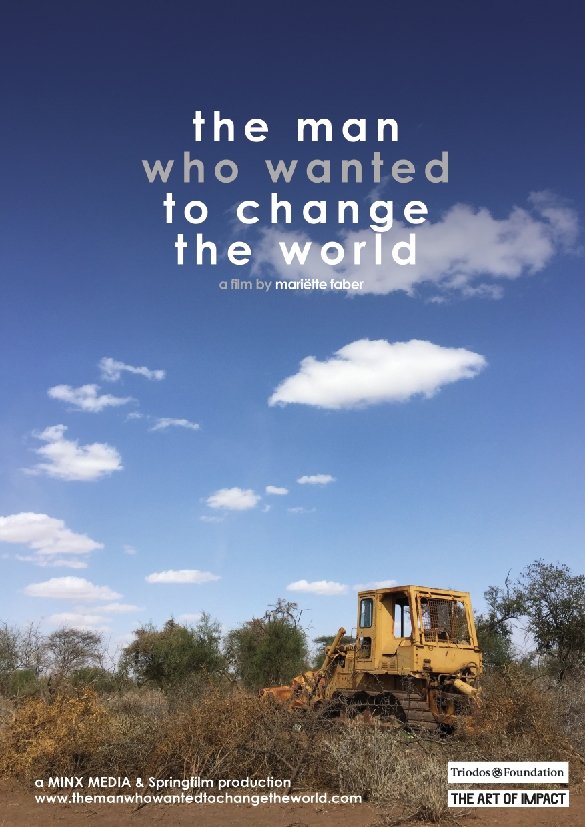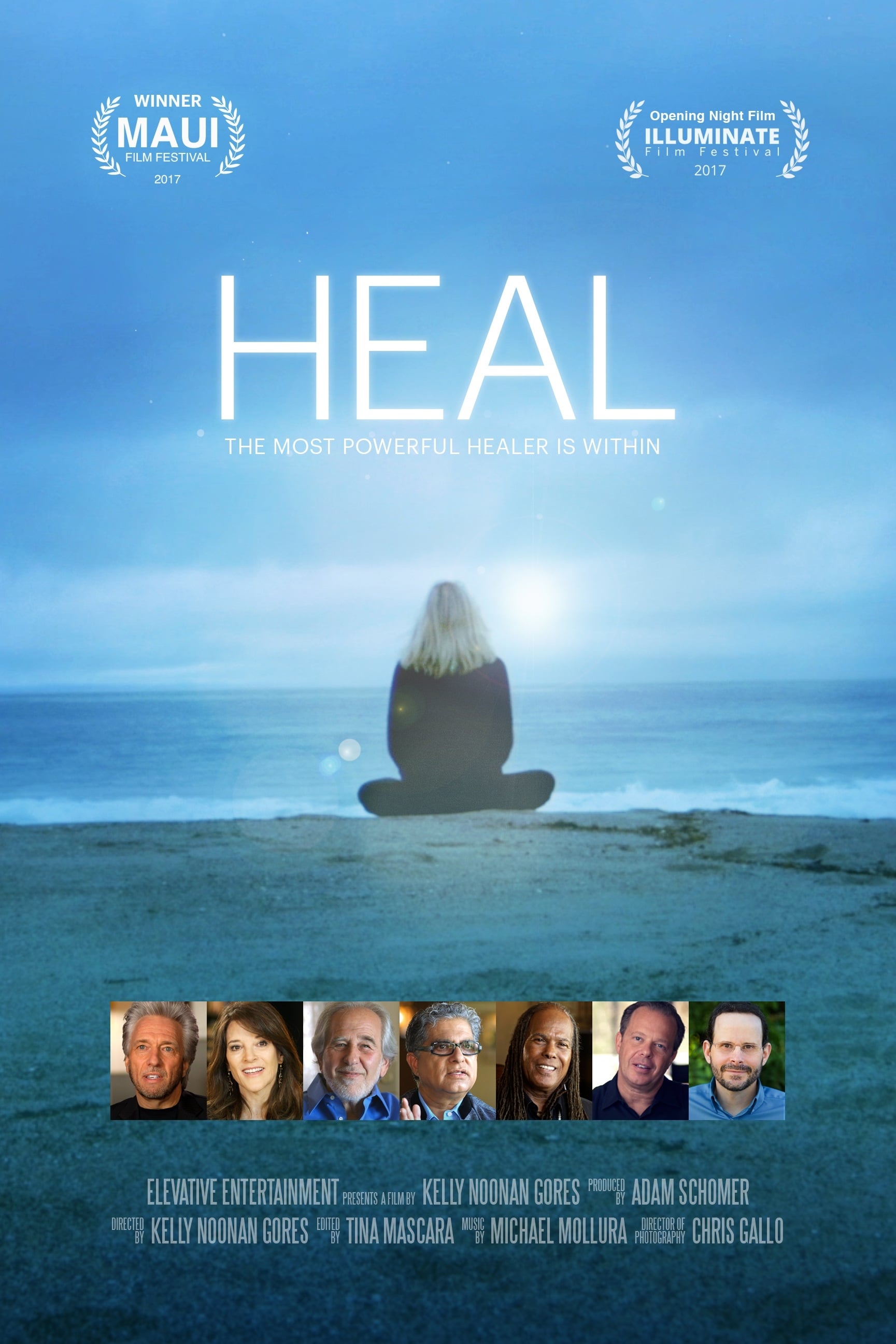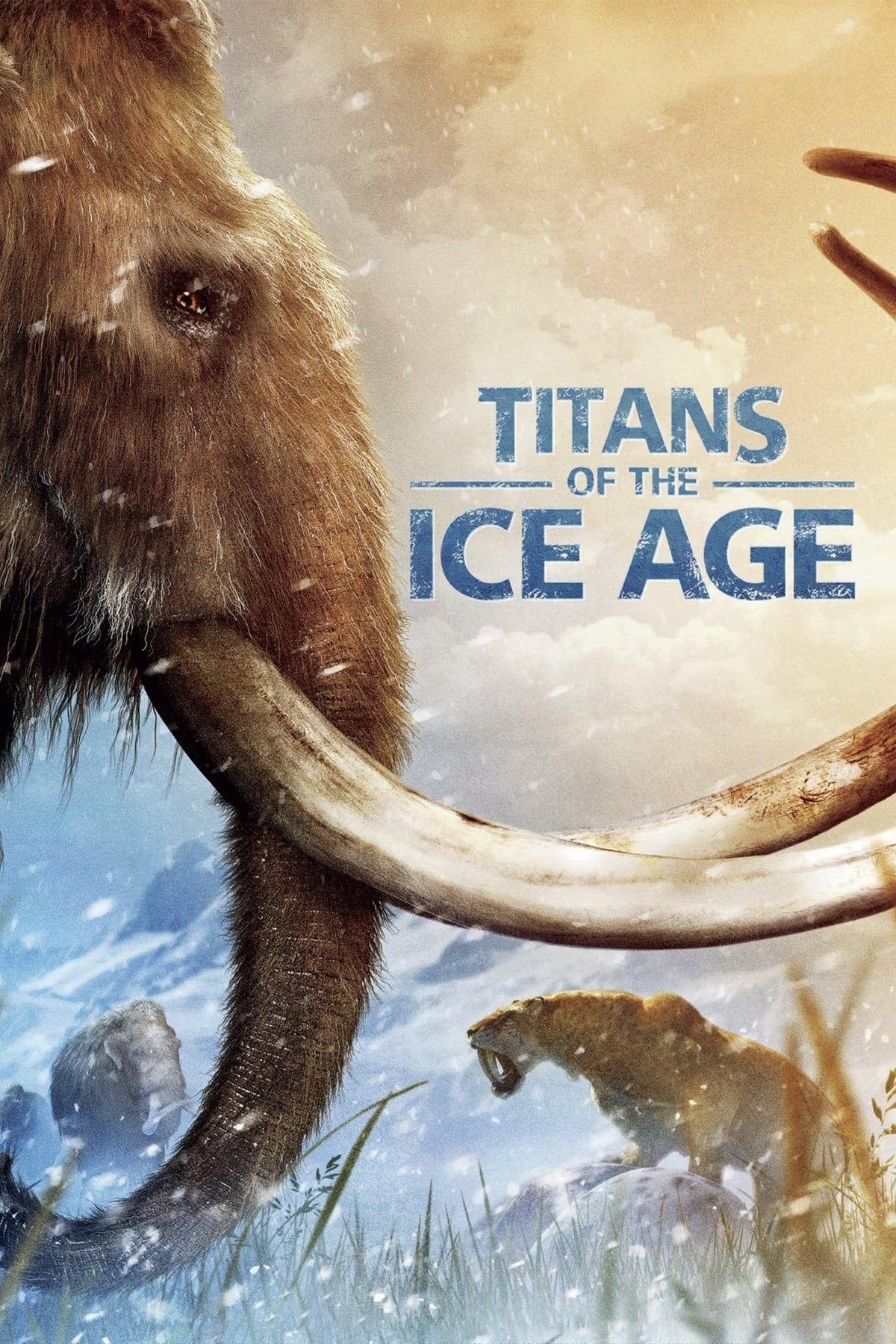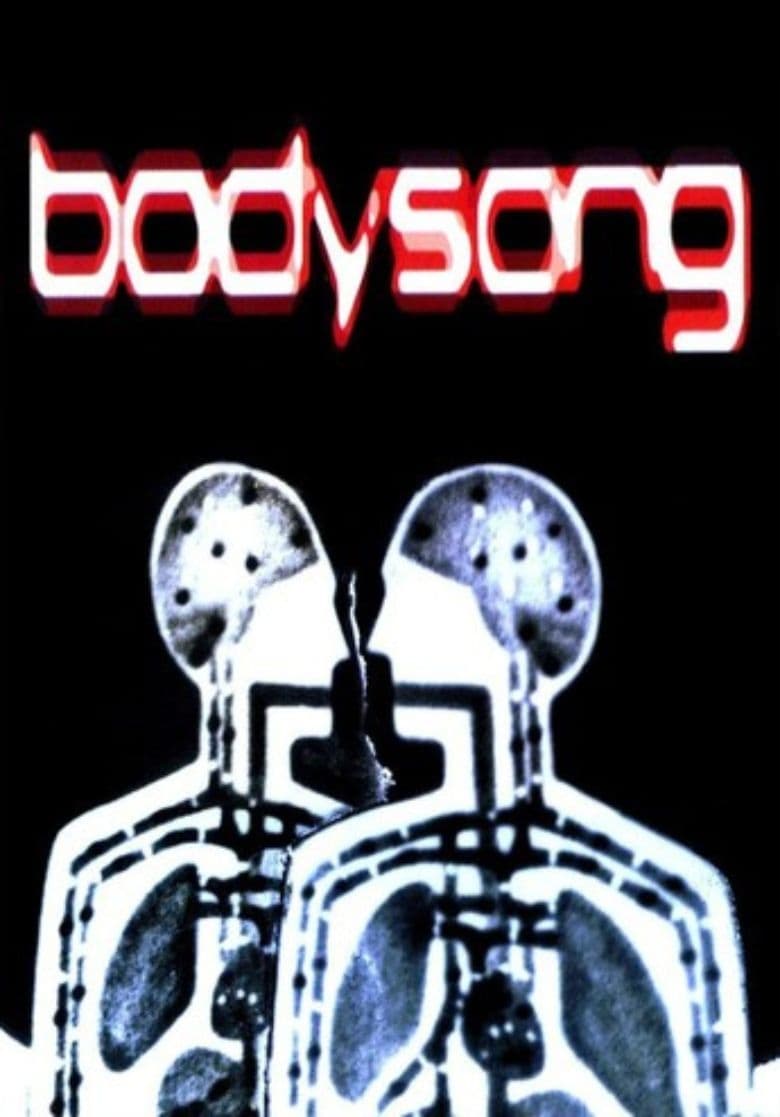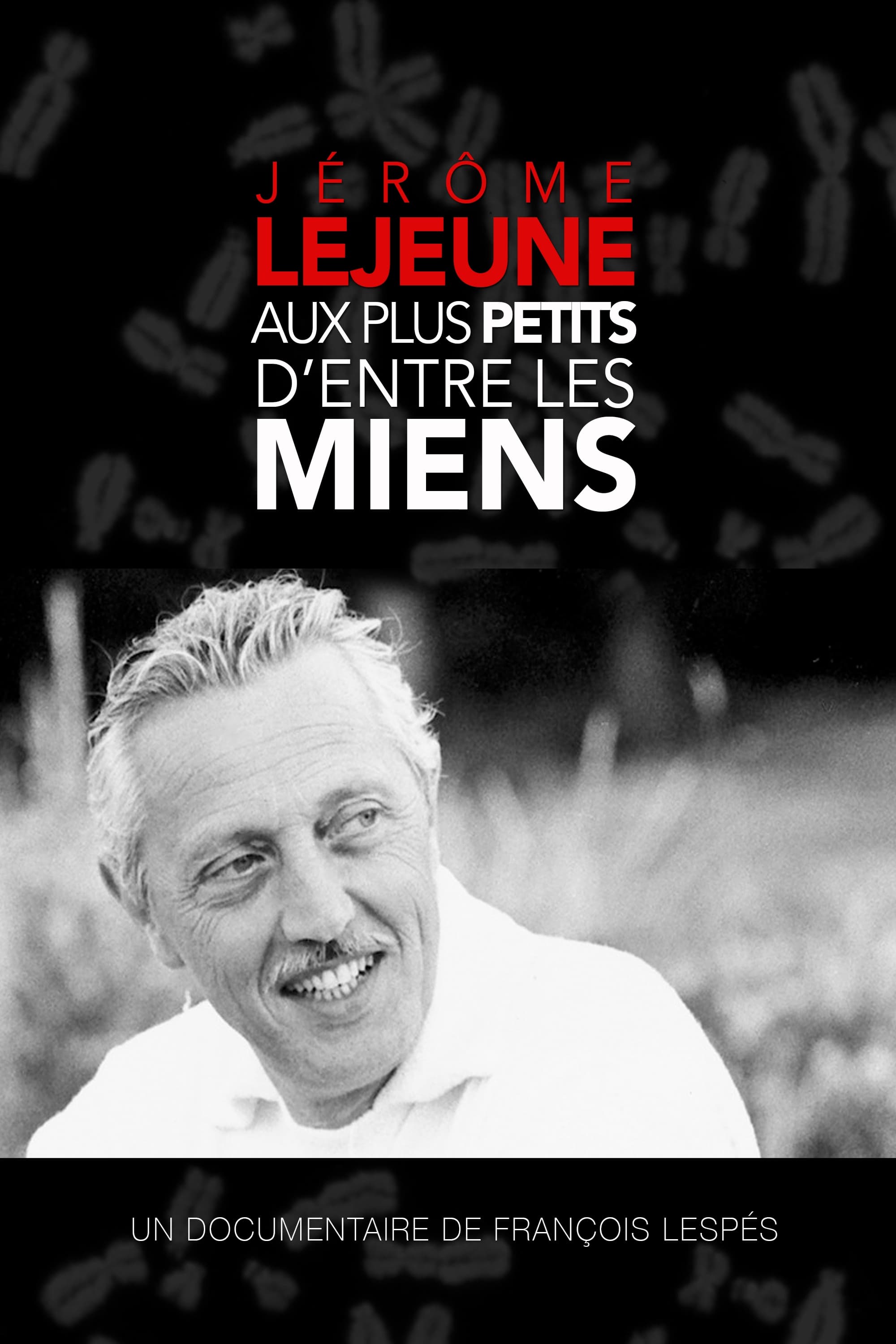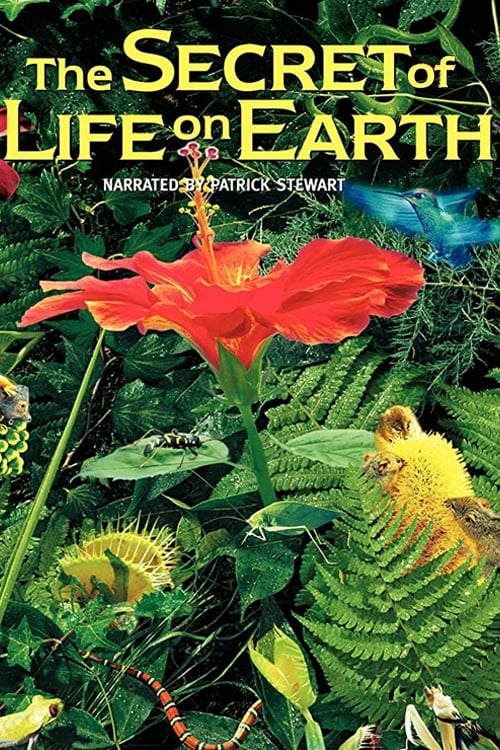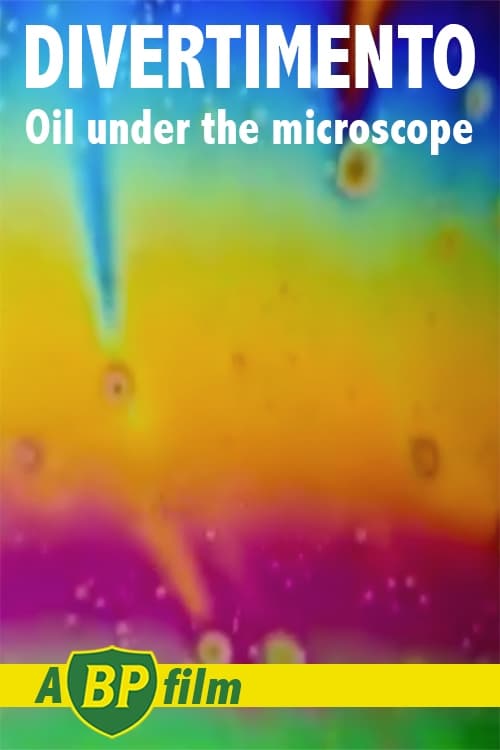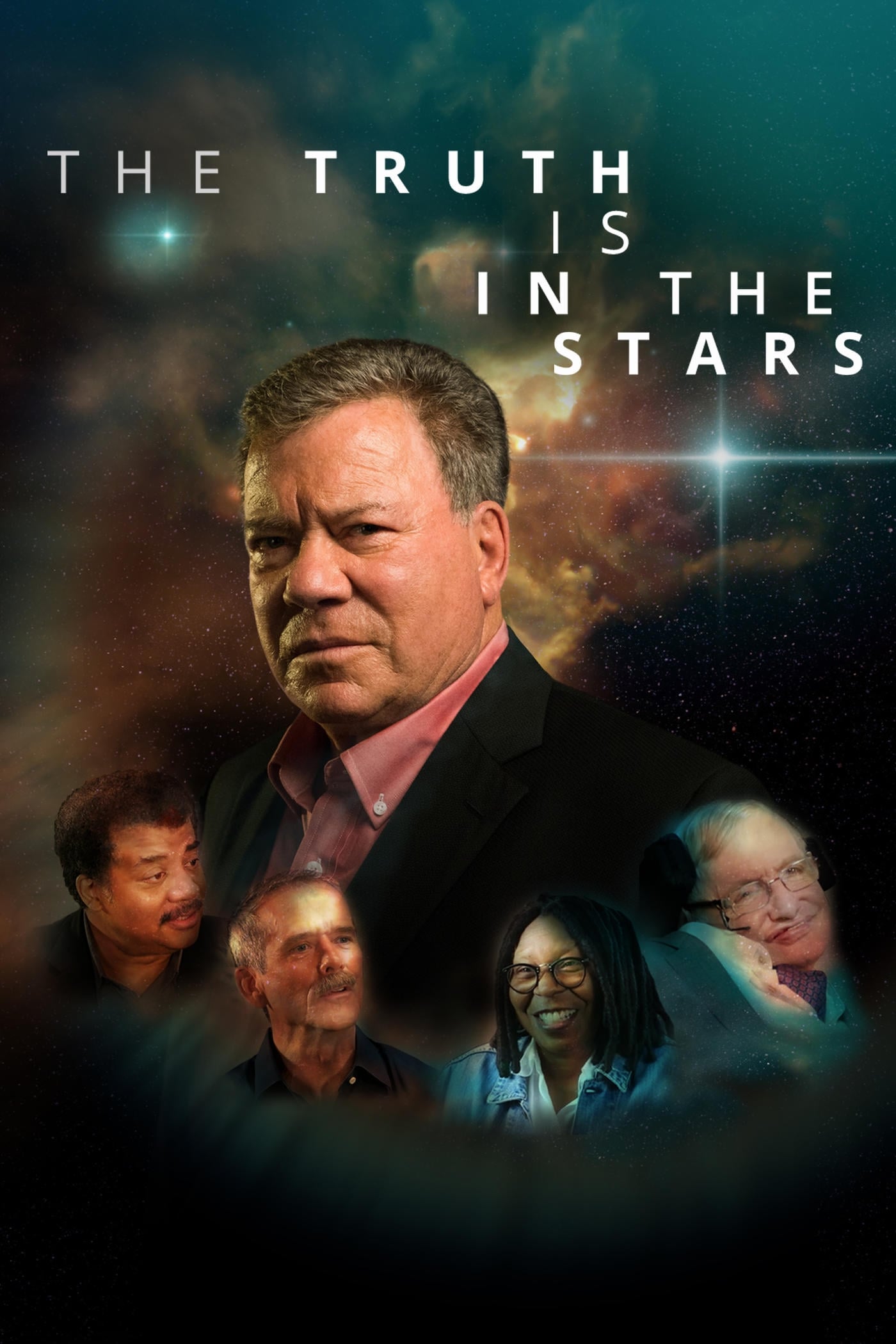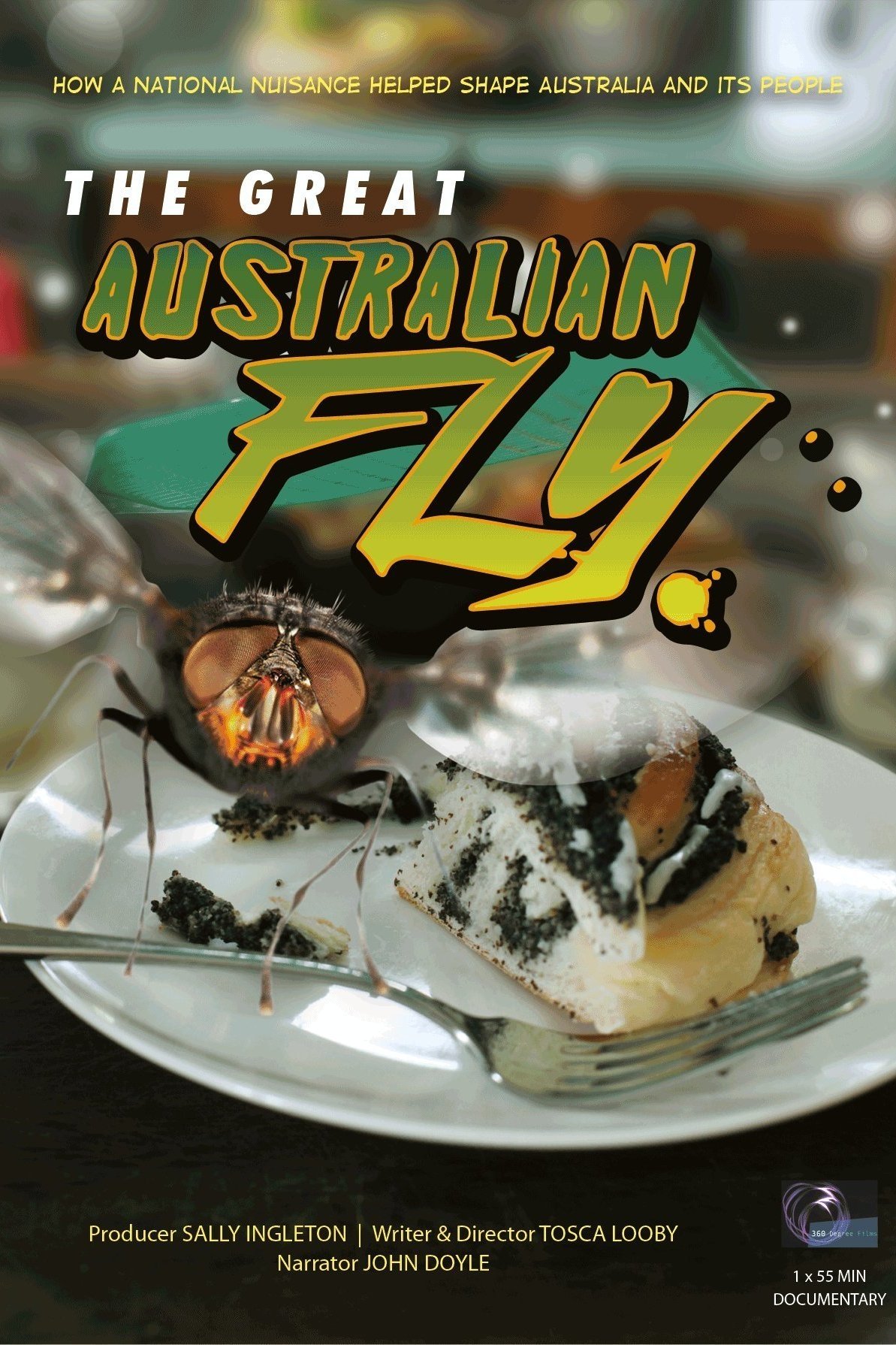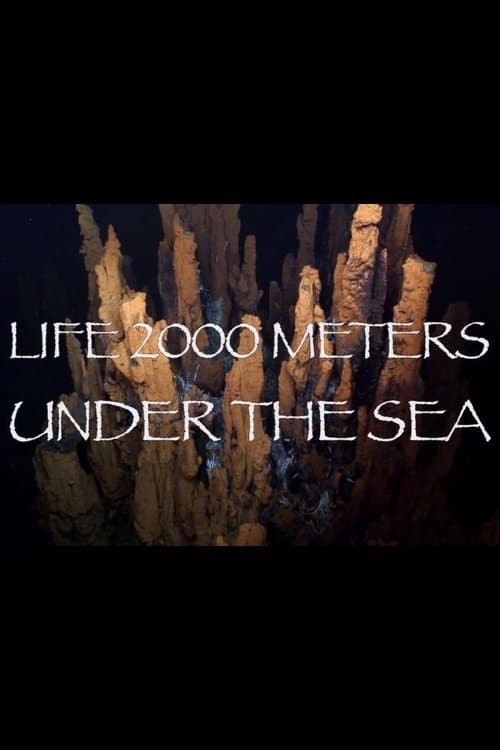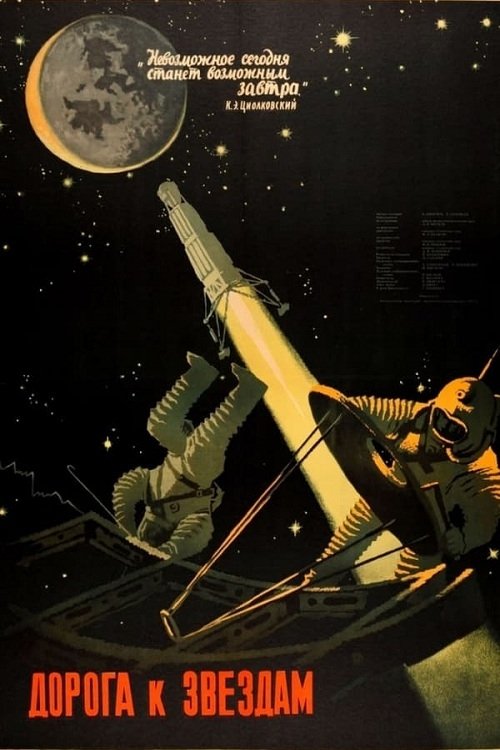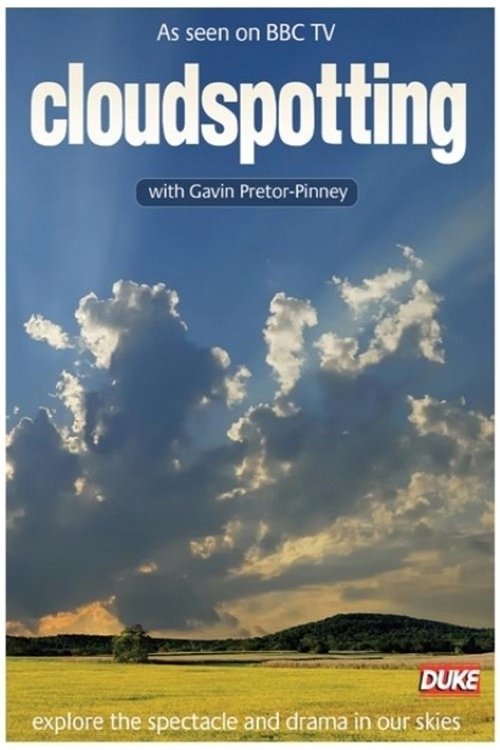Mastodon in your Backyard
Watch Movie
Share
Mastodon in your Backyard
2001
0h 49m
0.0(0 votes)
Documentary
Overview
A documentary about the 1999 discovery of a Mastodon skeleton in a Hyde Park backyard.
Links & Resources
Social & External
Cast & Crew
1 member
Acting
Lance Lewman
Unknown Role

Similar Movies
Recommended Movies

No Recommendations Yet
We're working on finding the perfect movies for you. Check back soon!
More movies coming soon
